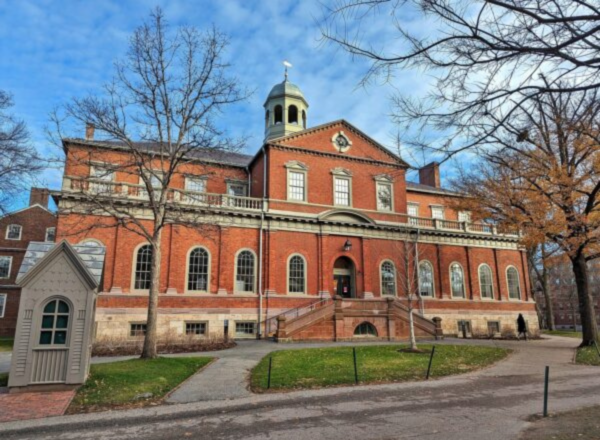Walz’s VP run puts Minnesota track record in focus
Writer: Ryan Gandolfo

August 2024 — Gov. Tim Walz national prominence as Vice President Kamala Harris’s running mate in the 2024 U.S. presidential election is putting a focus on his administration’s track record on investments in child care, infrastructure, and climate resilience – a record that suggests Minnesota as a model of quality-of-life improvement and economic growth. However, there’s still work to be done.
“I think the benefit for Minnesota having Gov. Walz on the ticket is that people will hear firsthand why Minnesota is a state that works,” Bloomington City Manager Jamie Verbrugge told Invest:. “We have been a leader for decades in healthcare, medical device manufacturing, innovation, and so much more.”
Minnesota received recognition as one of CNBC’s top states for business in 2024. The state ranked sixth this year, with high scores in quality of life (No. 5) and infrastructure (No. 4). But high costs of doing business (No. 35) has put the state at odds with the business community at times.
One key factor contributing to the state’s high quality of life is its approach to child care. With federal support for child care providers dwindling, Minnesota introduced the Great Start Compensation Support Program, allocating $316.1 million to bolster compensation and benefits for eligible providers. While the funding is expected to have a sizable impact on the child care provider industry, 81% of providers still feel the industry is in crisis, according to a Minneapolis Fed survey.
Outside of investments in child care, Walz announced a $982 million infrastructure plan for 2024, aimed at enhancing water and transportation systems, housing, and public safety. According to Budget Commissioner Erin Campbell, 45% of the package, or $387 million, would go toward addressing existing facility needs and improvements. “We need to invest in these assets now to begin to address the $6.4 billion in deferred maintenance of state infrastructure,” Campbell said, as cited by AP News.
At the same time, Minnesota is advancing its climate resilience efforts. In 2023 and 2024, the legislature passed over $1 billion in funding to transition to clean energy and prepare communities for the impacts of climate change, according to the Minnesota Pollution Control Agency. The state also launched its first “green bank” in late 2023 to help accelerate clean energy projects by providing financial assistance. Known as the Minnesota Climate Innovation Finance Authority (MNCIFA), it is set to receive $34 million in funding once a strategic plan is established in December. 2024.
In his recent Democratic National Convention speech, Walz also highlighted the administration’s work in helping families cope with the high cost of living. “We cut taxes for the middle class. We passed paid family and medical leave. We invested in fighting crime and affordable housing. We cut the cost of prescription drugs and helped people escape the kind of medical debt that nearly sank my family. And we made sure that every kid in our state gets breakfast and lunch every day.”
For continued success, the state will rely on collaborative efforts across key stakeholders. “Minnesota has a long history of partnership between the public and private sectors,” said Verbrugge.
“The fact that our state has one of the highest numbers of Fortune 500 companies per capita demonstrates the value that businesses place on quality of life, education, and health and wellness. Minnesota has been a leader in these areas for decades. And it is becoming more resonant as we confront the challenges of climate and warming, equitable economic growth, and workforce development.”
For more information, please visit:
https://www.bloomingtonmn.gov/
Photo credit: Shutterstock













